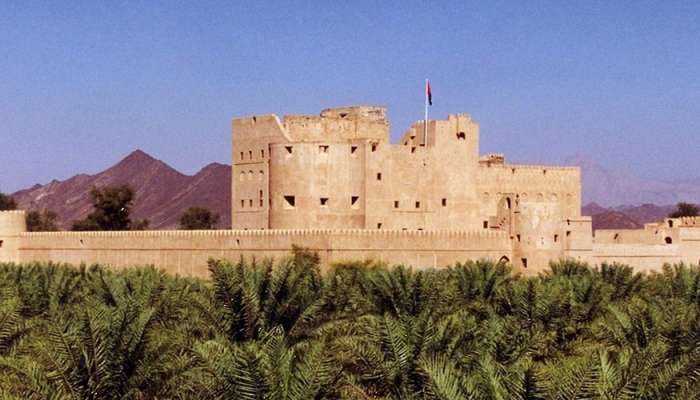Paris: The Sultanate of Oman, represented by the Ministry of Education, has managed to add two new cultural elements to the UNESCO list of precious collections.
They were the Castle of Jibreen and a set of publications authored by Omani poet-cum-historian Humaid Mohammed Ruzaiq.
The step was taken to mark the UNESCO’s programme to celebrate the 50th or centennial anniversary of important historical events or globally influential persons.
This was unveiled during Oman’s participation in meetings of the Administrative and Financial Affairs Committee emanating from the 42nd session of the UNESCO’s General Conference currently held at the international organization’s premises in Paris and will continue until 22 November 2023.
UNESCO included Jibreen castle in this programme due to the landmark's significant role during major historical events that prevailed in Oman.
The programme highlights the 350th anniversary of Jibreen castle’s establishment during the reign of Imam Belarab Sultan Al Yaarubi. The monument’s construction was completed in 1675.
The UNESCO also endorsed the works of Omani poet and historian Humaid Mohammed Ruzaiq on the occasion of the 150th anniversary of his death.
The addition of the two new cultural elements in 2023 takes to eight the number of Omani elements deposited at the UNESCO.
During the past years, Oman added six Omani persons to the UNESCO programme to be included in celebrations marking 50th or 100th celebration of important historical events and globally influential figures, as follows: the inclusion to UNESCO’s collection of linguist Al Khalil bin Ahmed Al Farahidi in 2005, doctor and pharmacist Rashid bin Omairah Al Hashmi Al Rustaqi in 2013, polymath and social reformer Sheikh Nour al-Din Abdullah bin Humaid Al Salimi in 2015, the doctor and physicist Abu Mohammad Abdullah bin Mohammad Al Uzdi, nicknamed Ibn al-Dhahabi in 2015, poet Nasser bin Salim al-Rawahi, nicknamed Abu Muslim Al Bahlani, in 2019 and finally Omani navigator Ahmed bin Majid Al Saadi in 2021.
